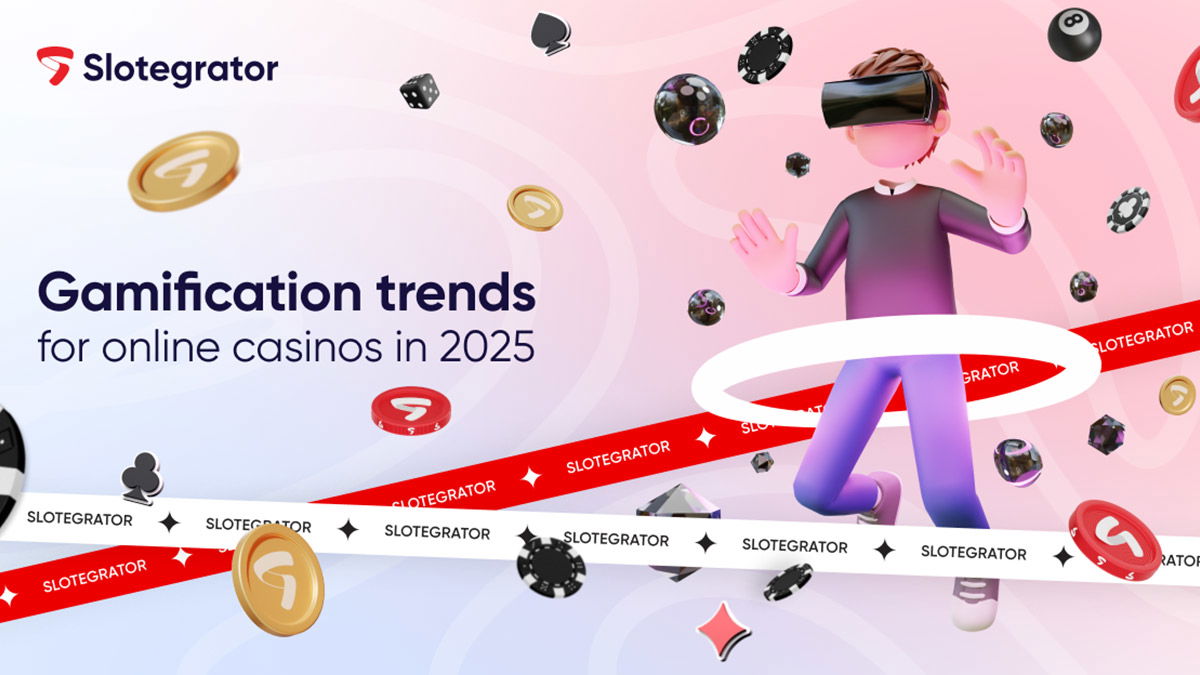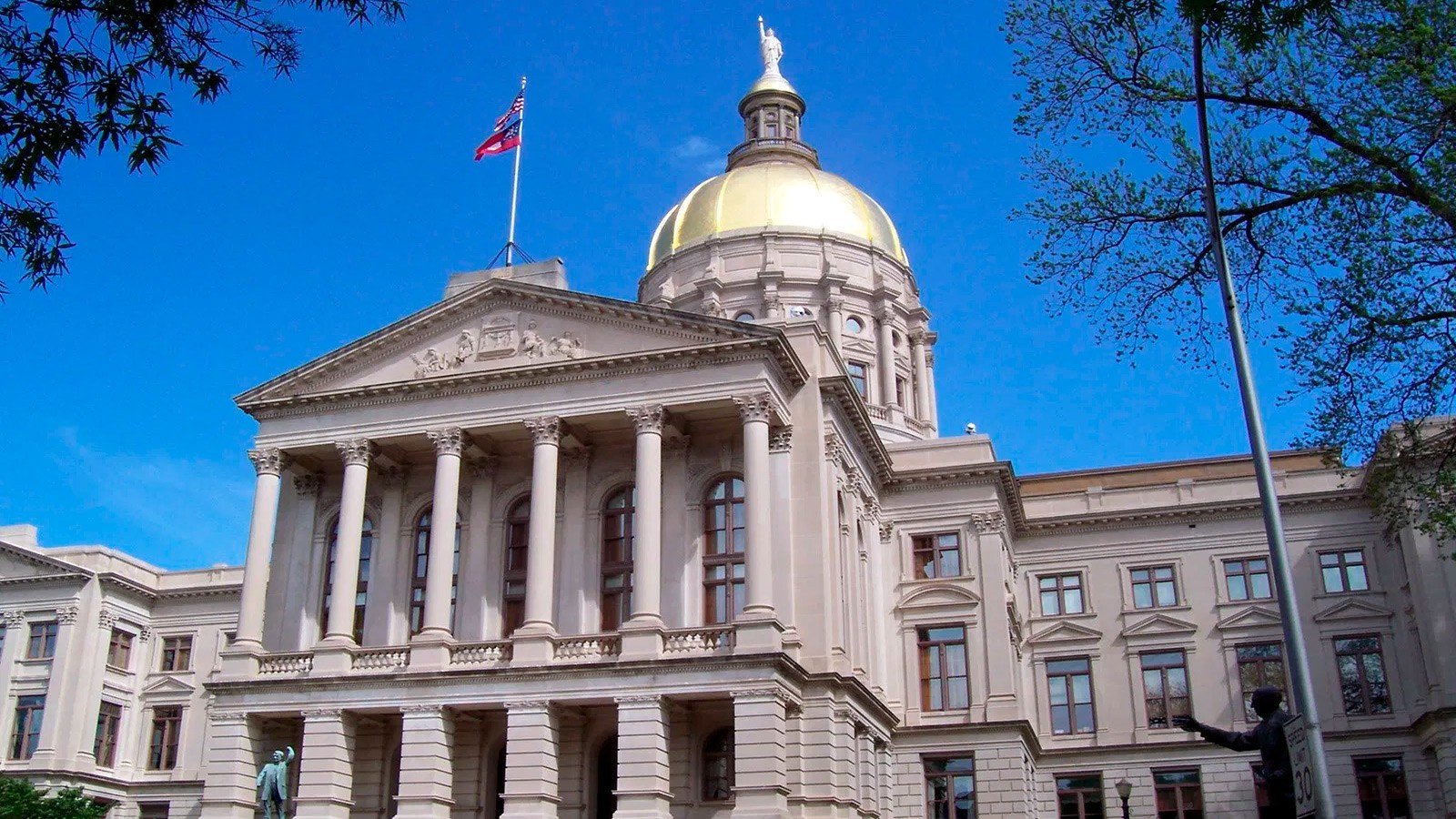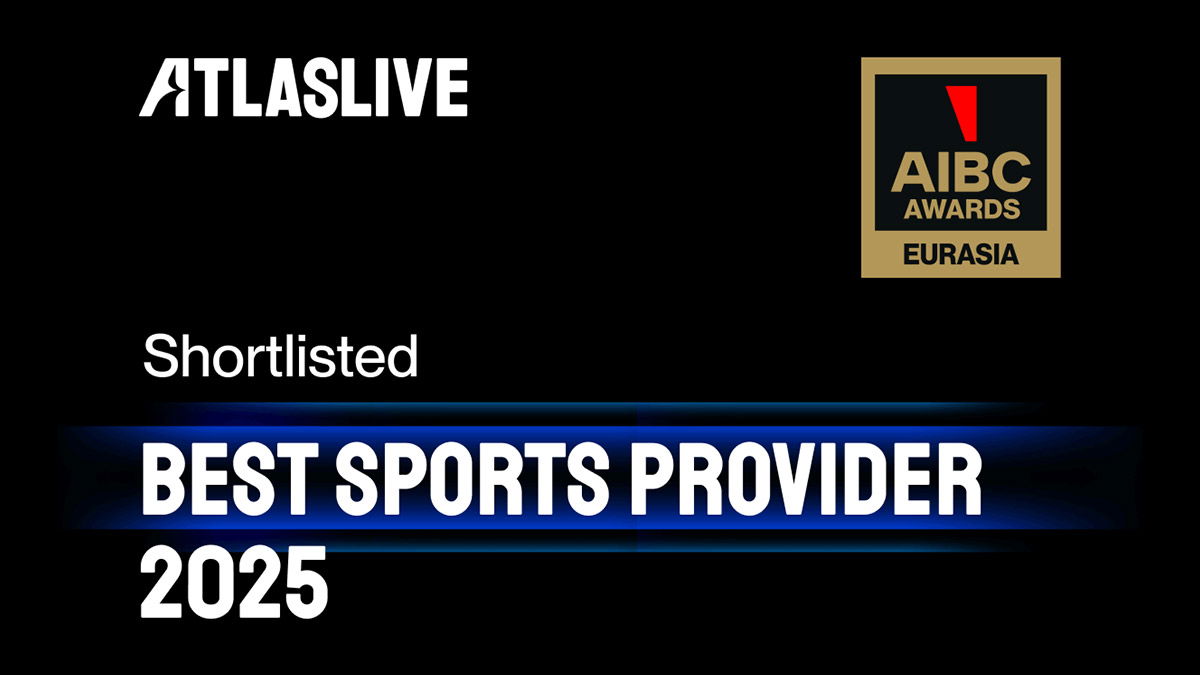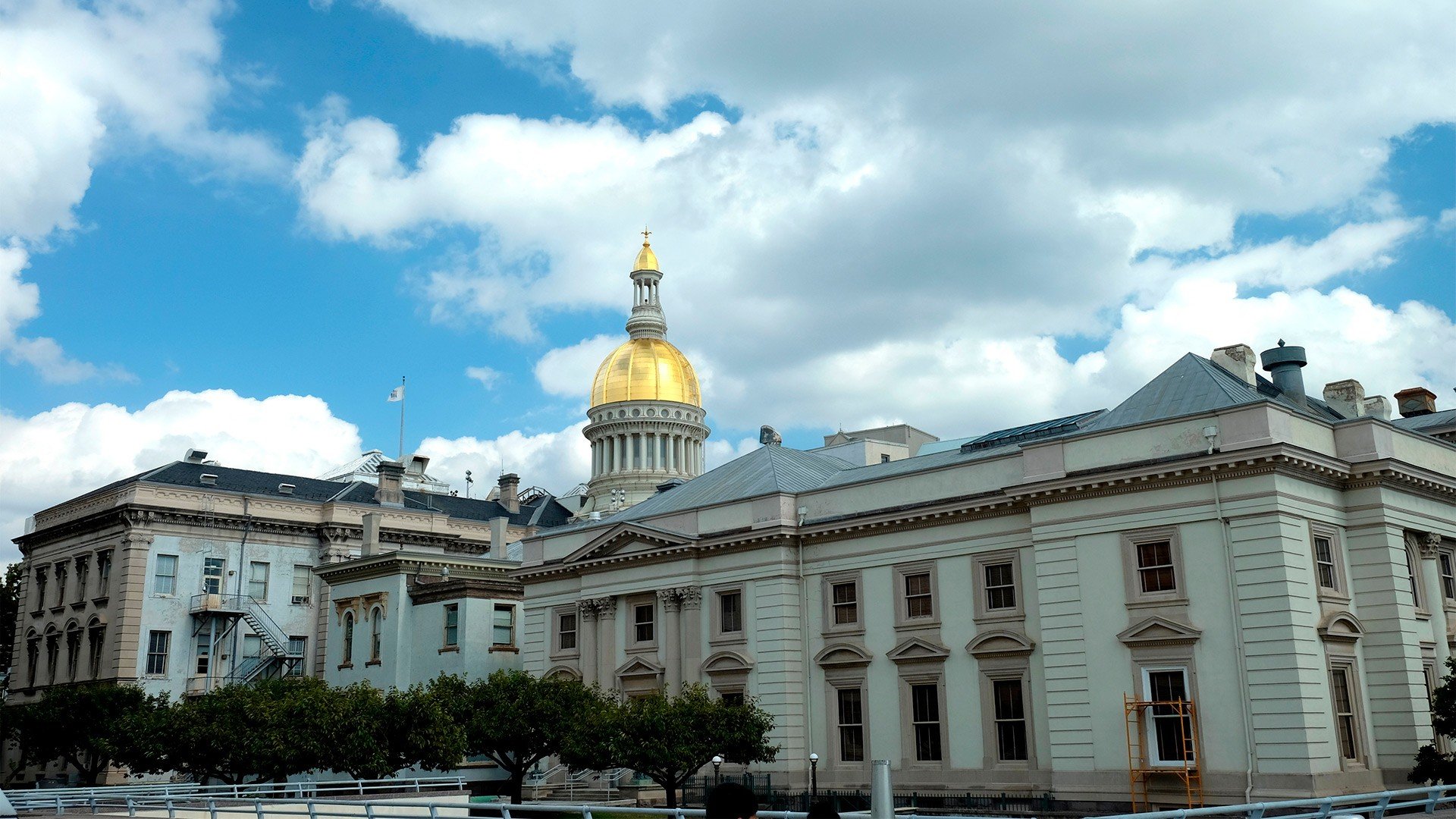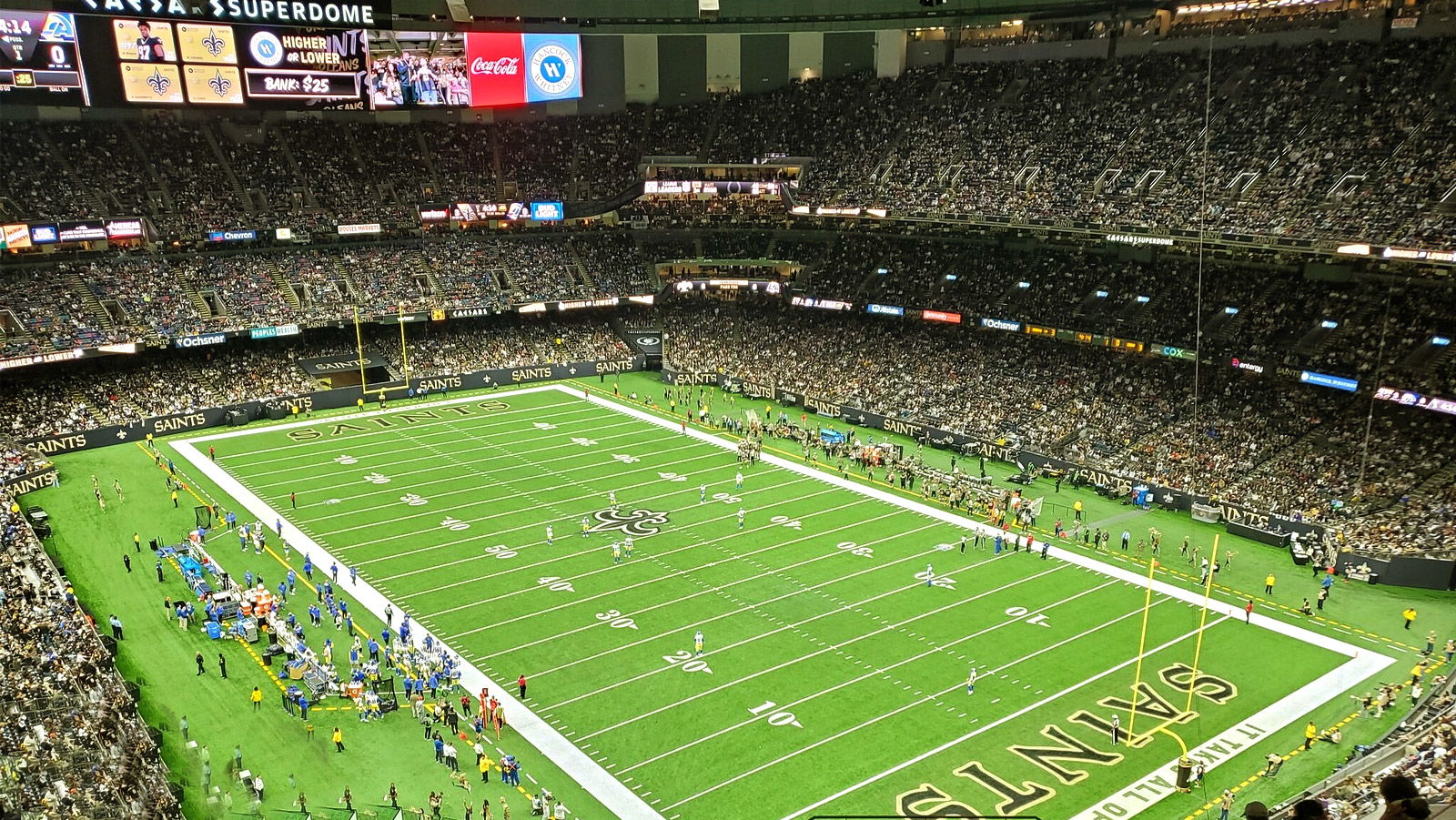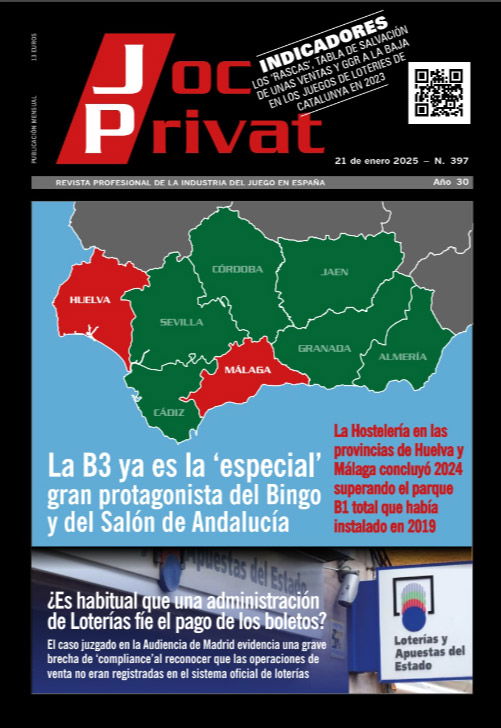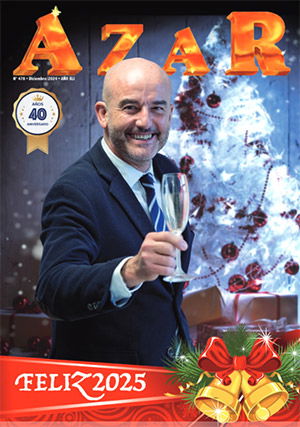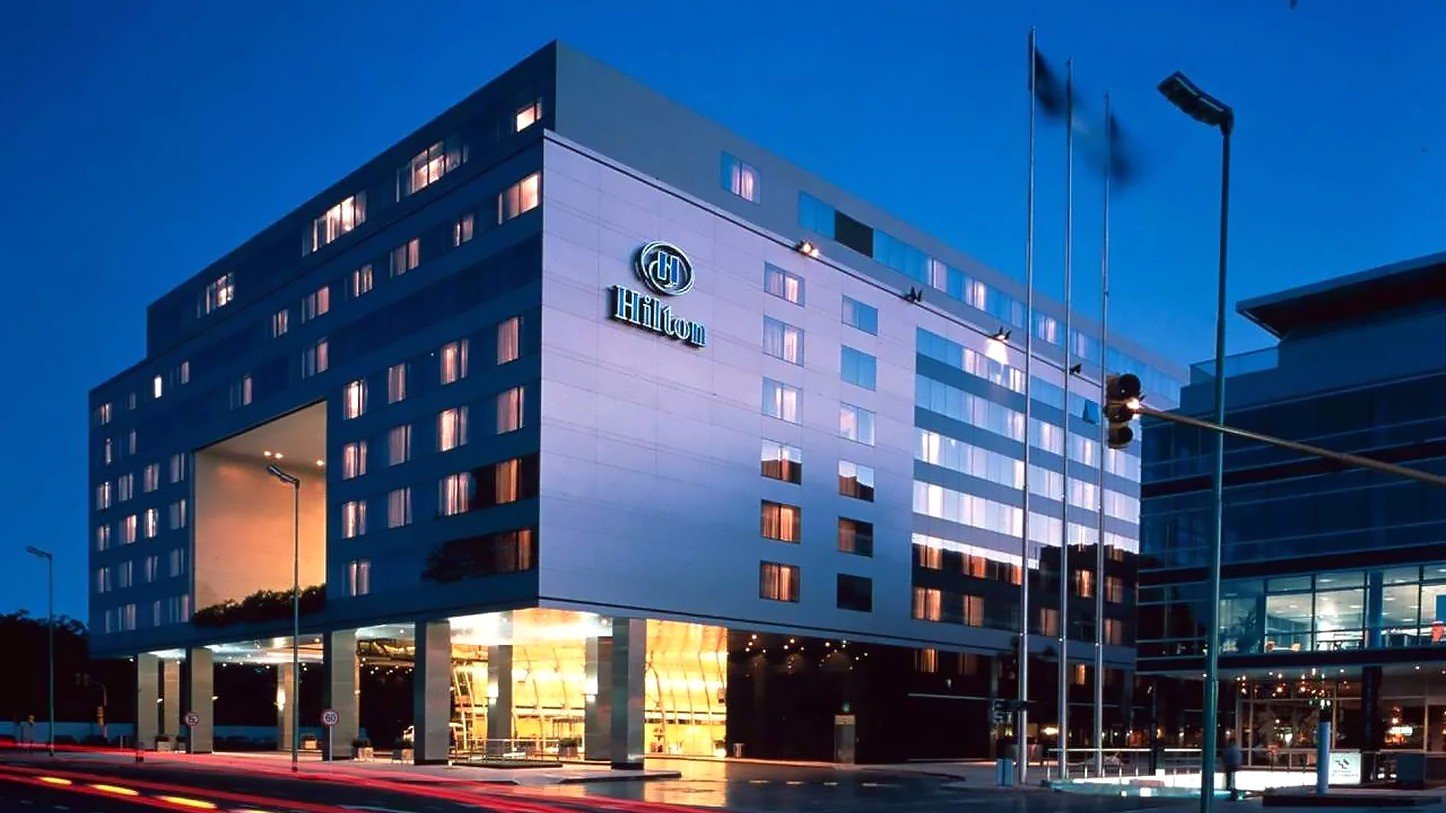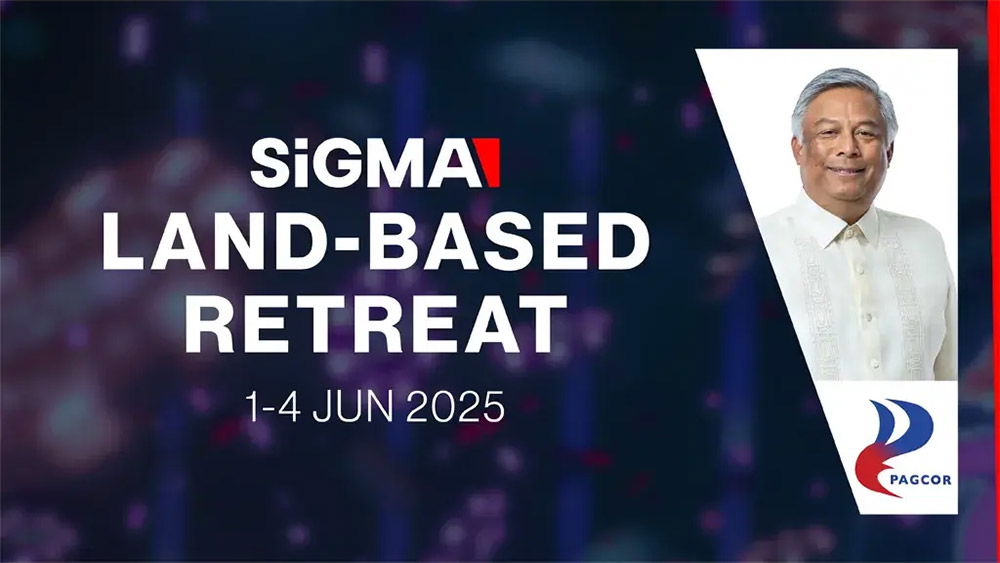Dutch football clubs likely to experience financial hit due to ban on gambling commercials, sponsorships
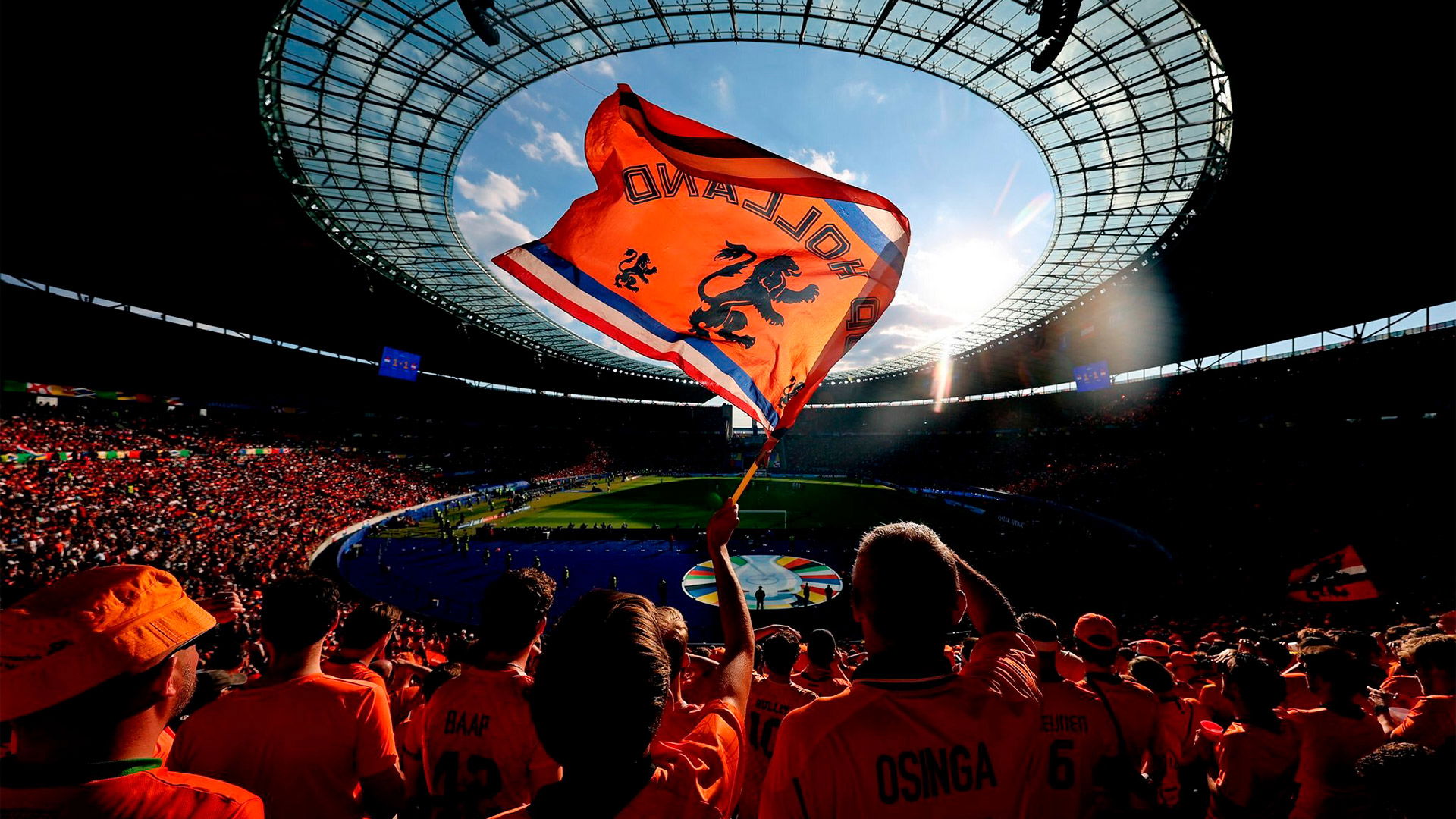
Several Dutch professional football clubs could face a significant financial hit in 2025 due to a ban on gambling commercials and sponsorships that will come into effect from July 1st. According to the AD, 33 out of the 34 professional clubs in the country used gambling sponsorships in the last four years.
Bas Raemakers of Eredivisie CV, the organization that represents the interests of the clubs at the highest level in the Netherlands, has said that they have calculated that clubs will lose an average of 40 million euros ($41.1 million) directly due to the sponsorships being dropped and 30 million euros ($30.8 million) in indirect damage due to the loss of advertising from media partners.
Gambling sponsorships have been legal since 2021 and were often used by clubs during the Coronavirus pandemic to help stay afloat as football had been suspended, notes the NL Times. The only club to not agree to any gambling sponsorships was Roda JC, who rejected the "idea on moral grounds."
The lower house of the Dutch Parliament, the Tweede Kamer, made the decision to ban gambling sponsorships in football three months after the market opened. It was decided that no new deals were allowed to be made from July 2023, and all the gambling sponsorships had to be out of football by July 2025.
The decision to ban gambling sponsorships was made after a significant rise in gambling across the Netherlands. The average money spent on gambling per month almost doubled in the country in 2023 compared to 2021, according to the Dutch regulator of gambling, the Kansspelautoriteit. Almost 500,000 people gamble every month, losing an average of 1,000 euros every six months.
Problem gambling is also on the rise. Stichting Informatievoorziening Zorg (IVZ), the Healthcare Information Provision Foundation, reported that there was an increase of over 24% in gambling addiction in 2023 compared to the previous year. Many cite the opening of the gambling market in 2021 as an important factor in this.
"Everyone was warned that things would go wrong with the number of advertisements," said SP parliamentarian Michiel van Nispen, one of the initiators of the ban. "This is purely about making money. And the warnings were simply not listened to. I understand that you want to keep the income away from crime. But you have to be very careful with that. And now it immediately got out of hand."
Professional football clubs in the Netherlands lamented that gambling sponsorships were banned instantly without an alternative plan sought. "Immediately after it was announced that the online gambling market was legalized, we sat down with the entire sector to make a plan to regulate this ourselves," said Bas Raemakers of the Eredivisie CV.
Football economist and researcher Thomas Peeters said it will mainly be the smaller-sized clubs that will be hit by the ban. “If you look at the distribution of income in the Netherlands, Ajax, PSV, Feyenoord, and perhaps AZ get a relatively large amount of the TV rights. That pie is divided less fairly than in other competitions,” he said. “This will only lead to an increase in the financial dominance of the big three clubs.”



